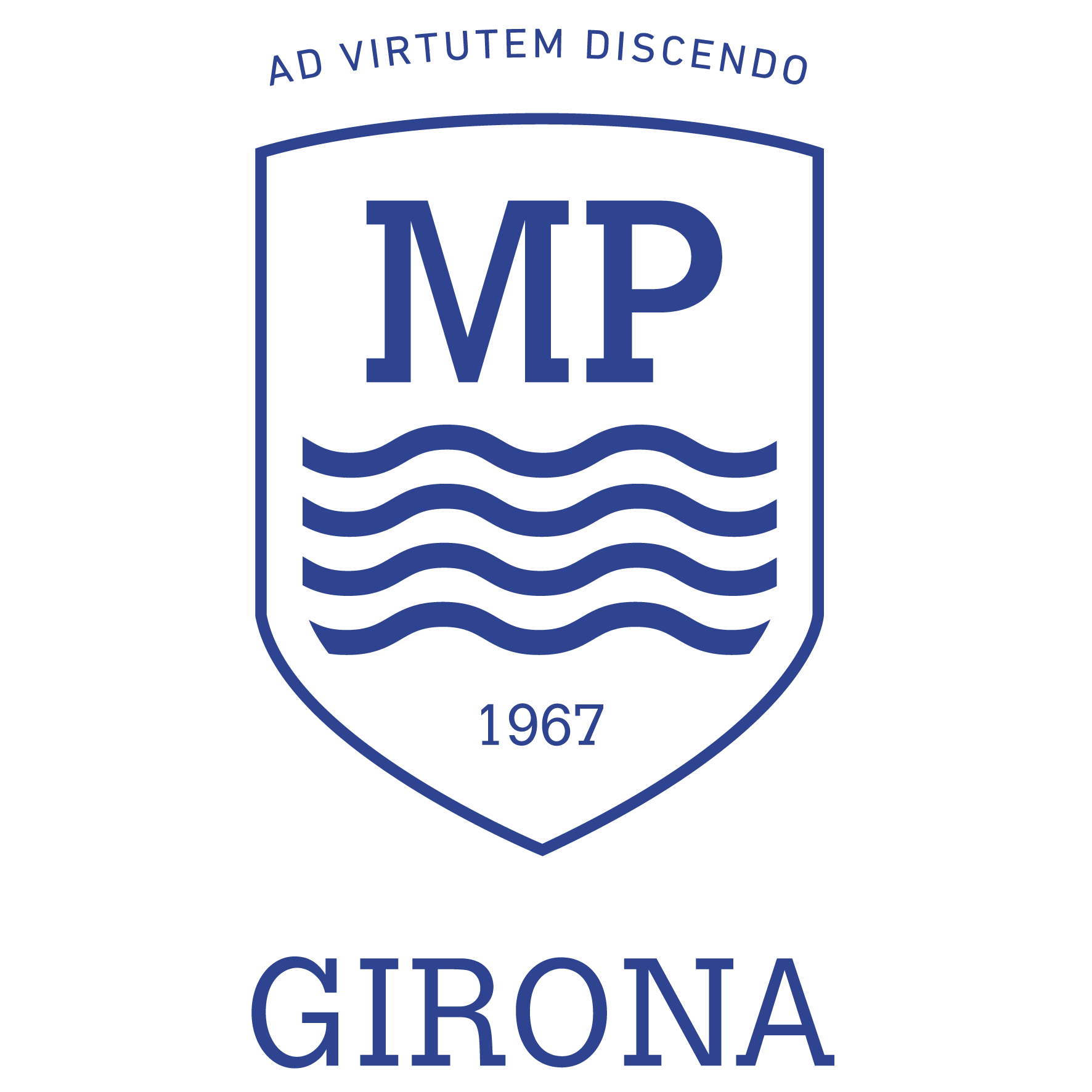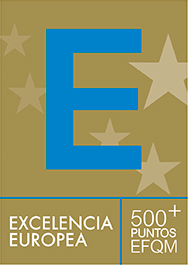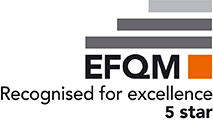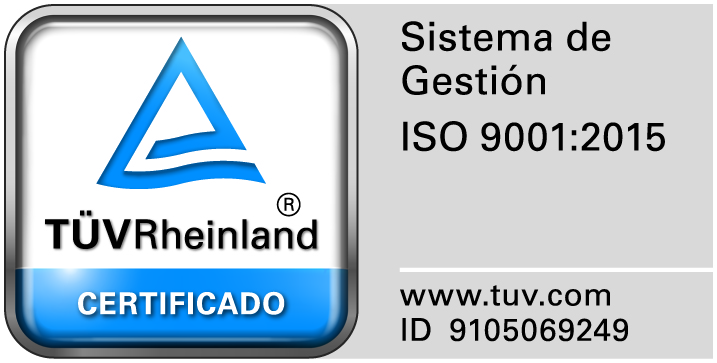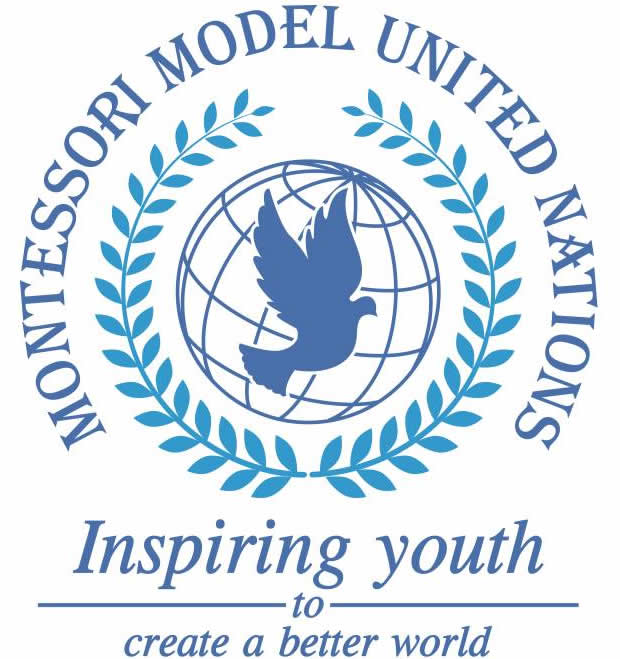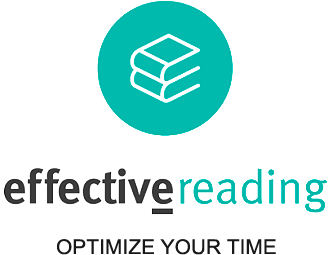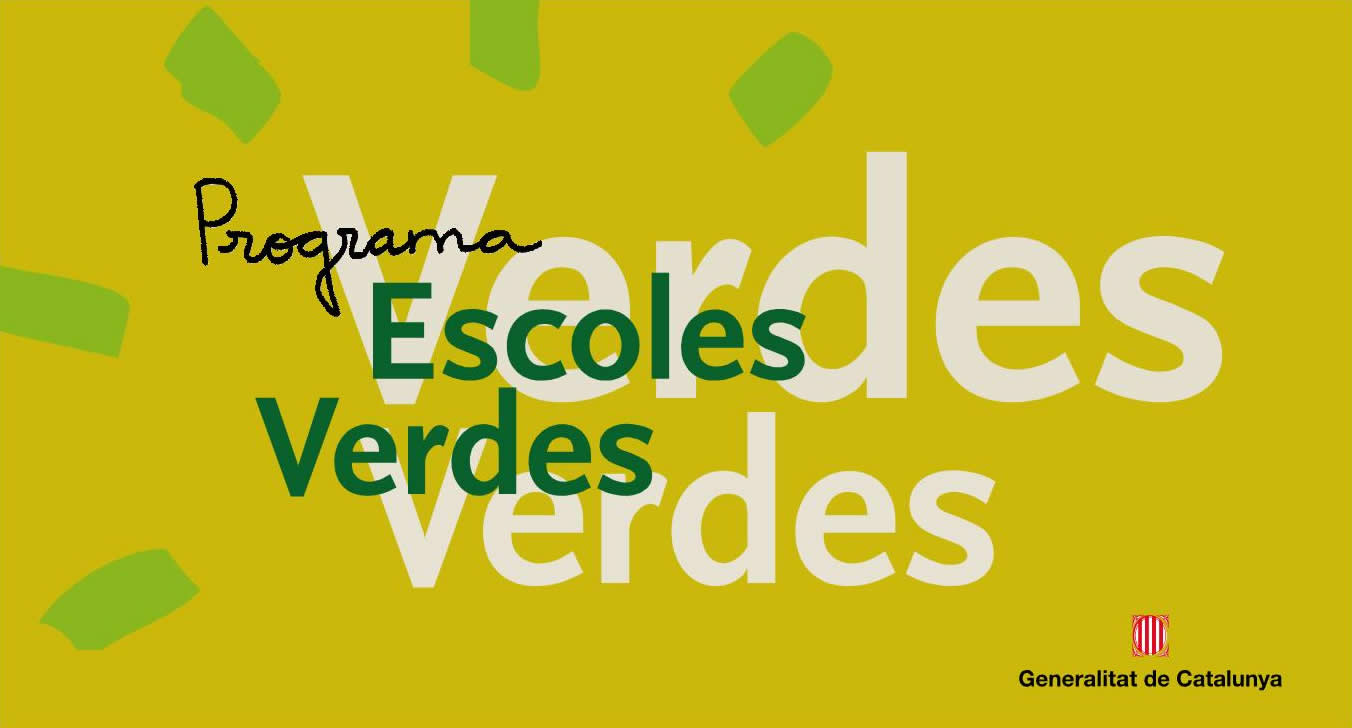Montessori pedagogy
The Montessori educational method is based on creating a framework of freedom that provides each child with the experiences appropriate for their stage of development, so that, in addition to understanding the world in order to adjust themselves to it and to take on the responsibility for its improvement, they can fully develop as human beings. The name comes from Dr Maria Montessori, who developed this methodology in Italy in the early 20th century. Dr Montessori was the first woman doctor in the country and when she finished her studies, she began working with children with special educational needs. Through scientific study, she was able to investigate and understand how children develop and learn and, based on these studies, she designed a curriculum for children from two and a half years to twelve years old.
Later on, other collaborators such as Dr Silvana Montanaro followed the work of Dr Montessori and her ideas were developed for the 0 to 2 ½ years stage. The Association Montessori Internationale (AMI), which she founded, has continued her work. Among other lines of research, the AMI studies how to specify the main pedagogical approaches for the adolescent and university stages, which is currently being studied in a few pilot schools around the world, and also how neuroscience is proving the pedagogic principles. In addition, the AMI is responsible for accrediting teaching courses that can only be taught by teachers who have received specific training.
There are also many organisations, in addition to the AMI, that expound the principles of this educational method and admire the work of Dr Montessori. Some of them may have developed different interpretations to the original. Thus it is necessary to analyse closely what the various organisations have to offer before deciding on which to choose.
Today, the work of Dr Montessori extends throughout the world and there are many countries which have taken it upon themselves to spread her ideas. The Montessori educational method, in just over 100 years, has managed to encompass 130,000 Montessori schools around the world, educating 3 million children, in countries such as Australia, Canada, China, Finland, France, Germany, India, Ireland, Italy, Japan, Mexico, the Netherlands, Pakistan, Romania, Russia, Spain, Sweden, Switzerland, the United Kingdom and the USA; countries which represent 80% of the world's population.
Currently, teams of researchers in the field of education and neuroscience continue working in order to understand and move forward in the improvement and application of this educational method that some of the most creative people in the world have experienced, such as Larry Page and Sergey Brin, founders of Google, Jeff Bezos From Amazon, Will Wright, creator of the famous video game "The Sims", Gabriel García Márquez, Peter Druker and the founder of Wikipedia, Jimmy Wales, among many others.
- Articles of Interest
The Montessori Mafia
http://blogs.wsj.com/ideas-market/2011/04/05/the-montessori-mafia/
The Future Of Education Was Invented In 1906
Is Montessori The Origin Of Google & Amazon?
http://www.forbes.com/sites/stevedenning/2011/08/02/is-montessori-the-origin-of-google-amazon/
- Biography of Maria Montessori
https://montessori-ami.org/resource-library/facts/biography-dr-maria-montessori
The educational efforts of Dr Montessori, during the first years of the 20th century in Italy, attracted attention from around the world. From that moment, the demand for specific training by Italian teachers who wanted to apply her method kept increasing, until 1909 when Dr Montessori conducted the first training course for Italian teachers. With the publication of her book 'Scientific Pedagogy as Applied to Child Education', word of her method also became widespread outside Italy.
The first international training course took place in Rome in 1913 and brought together teachers from the United States, Australia and also from Catalonia. Six years later, Dr Montessori visited England to give a training course, which was reported in the English newspaper, The Daily News: "Dr Montessori, famous for being a pioneer in child education, has arrived in London to give a training course to British teachers. Although the course is limited to two hundred-fifty places, there have been more than two thousand applications." From this time on, Dr Montessori ran courses in countries such as Austria, Germany, Holland, Spain and Italy.
This moment coincided with the rise to power of Benito Mussolini and due to problems with 'il Duce', Dr Montessori was obliged to leave Italy and resume her educational work in Barcelona, where the Montessori Method had already been introduced in schools and educational centres for a number of years. Montessori schools were opened in the Catalan capital which went hand-in-hand with all the Active Pedagogy that was taking centre stage at that time. With the arrival of the Civil war and the dictatorship, Dr Montessori went to Holland, but the educational centres in Spain managed to survive a little longer, leaving a significant mark on education in Catalonia.
Regarding the monitoring and consolidation of the Montessori teaching method, it is important to highlight a key moment in her career, when in 1929 she created the Association Montessori Internationale (AMI) to organise her work and ensure that her methodology was maintained in accordance with the pedagogical and philosophical guidelines.
In terms of the spread of the educational method in Spain, a pedagogical renewal movement began in 1973 with a particular regard to the Montessori methodology. From this point, the Asociación Montessori Española (Spanish Montessori Association, AME) was founded in Madrid, which was responsible for delivering training courses, some of them at the university. This association promoted the opening of Montessori schools, but due to lack of teacher training, the educational method was abandoned. There followed a long hiatus in the application of the method in Spain. Despite this, the interest in Montessori pedagogy continued to grow and teachers opted to go abroad to train, following the guidelines set out by the AMI, then the only official institution for training teachers.
The history of Montessori pedagogy in Spain underwent a key moment in 1997-98, when the Montessori Palau Girona School decided to implement the method in accordance with the AMA guidelines, becoming the first school to implement Dr Montessori’s method in Spain. It was from this point that the transformation of a traditional school into a Montessori school began, with the Infant and Primary teaching staff trained by the AMI.
From 2008 onwards, the idea of bringing together all the people linked to the Montessori project in Spain was reborn and the Spanish Montessori Association was promoted once again, recovering its original mission and sharing its strategic objectives with the Association Montessori Internationale (AMI). Finally, in 2013, it was officially recognised by the AMI and it became linked to this international organisation.
Currently, Montessori Pedagogy is experiencing a period of exponential growth, both with the number of newly created centres that apply the Montessori method, and by the large number of teachers who have decided to train in the philosophy of Dr Montessori.
Early History of Montessori. American Montessori Society
https://amshq.org/Montessori-Education/History-of-Montessori-Education/Early-History-of-Montessori
Centenario de la primera escuela Montessori en España
http://www.asociacionmontessori.net/pdf/Centenario_AME_2014.pdf
Since its conception, the Montessori Educational method has always been associated with teacher training as being a fundamental requirement without which it is not possible to approach the child and fulfil the role of the adult guide and model.
The Association Montessori Internationale (AMI), founded in 1929 by Maria Montessori herself, is the most internationally recognised body that regulates the only training of Montessori guide trainers in the world and its Pedagogical Committee reviews the content and requirements for guide qualifications. One of the fundamental requirements is a period of observation and practice in order to achieve the required qualification and personal transformation. However, in addition to training, the implementation of the Montessori Educational Method in a school is tied to a comprehensive approach that encompasses all the educational moments and the curricular and extracurricular areas consistent with this philosophy.
AMI qualifications cover different roles and functions. Specifically, those that grant the status of ‘Guide’ or ‘Director’ of a classroom are, by age, the following:
-
For the 0-3 years stage: AMI Montessori Diploma 0-3 years.
-
For the 3-6 years stage: AMI Montessori Diploma AMI Montessori from 3 to 6 years.
-
For the 6-12 years stage: AMI Montessori Diploma AMI Montessori from 6 to 12 years.
-
For the 12-18 years stage: AMI Montessori Diploma from 12 to 18 years. This is the latest Diploma issued by AM
At Montessori Palau Girona, all the teachers in Montessori classrooms have obtained these AMI qualifications as guides and most of the assistants have obtained the AMI Guidance Certificate for the corresponding stage.
In addition, the school regularly organises revision weeks delivered by AMI trainers and participates in Refresher Courses, also provided by the AMI itself. Similarly, the school participates in numerous conferences, symposia and workshops on education as speakers.
In Spain there are currently several training centres recognised by the Association Montessori Internationale that teach the 0-3 and 3-6 Diploma and only the Montessori Palau International Research And Training Center (MIRTC) teaches the 6-12 Diploma. The MIRTC is one of the few centres in the world that is teaching the 12-18 Diploma, with the participation of around twenty teachers from our Secondary and Baccalaureate teams.
Currently three teachers from our teams have obtained the qualification of trainer of trainers.
Similarly, the school offers various forms of Introductory courses to the Montessori Method in order to introduce the basic premises of the educational Method and make participants aware of the importance of the rigorous preparation and teacher training required to lead a project. These introductory courses are certified by the Spanish Montessori Association (AME) and are carried out in coordination with experts from various Montessori centres throughout Spain.
Visit the MIRTC website and discover the Montessori Pedagogy
Information regarding the Master's Degree in Montessori Education (0-6 year-olds) at the Universitat de Vic
https://www.uvic.cat/master-universitari/pedagogia-montessori-0-6-anys
- International associations:
Association Montessori Internationale (AMI) www.montessori-ami.org
Association Montessori Internationale USA (AMI/USA) www.amiusa.org
Asociación Montessori Española (AME) www.asociacionmontessori.net
- Other associations:
TheNorth American Montessori Teachers' Association (NAMTA)
http://www.montessori-namta.org/
CanadianCouncil of Montessori Administrators (CCMA) http://www.ccma.ca/
TheIndian Montessori Association (IMA) http://www.theima.in/
TheInstitute for Montessori Education (TIME) http://www.montessoriedu.org/
Montessori AccreditationCouncil for Teacher Education (MACTE)
Montessori Educational Programs International (MEPI) http://www.mepiforum.org/
Montessori Europe Pan American Montessori Association (PAMS)
http://www.montessori-pams.org/
The Montessori Foundation (IMC) http://www.montessori.org/
American Montessori Society (AMS) www.amshq.org
International Association of progressive Montessori www.montessori-iapm.org
Opera Nazionale Montessori www.operanazionalemontessori.it
- Links of interest:
www.goodatdoingthings.com/GoodAtDoingThings
